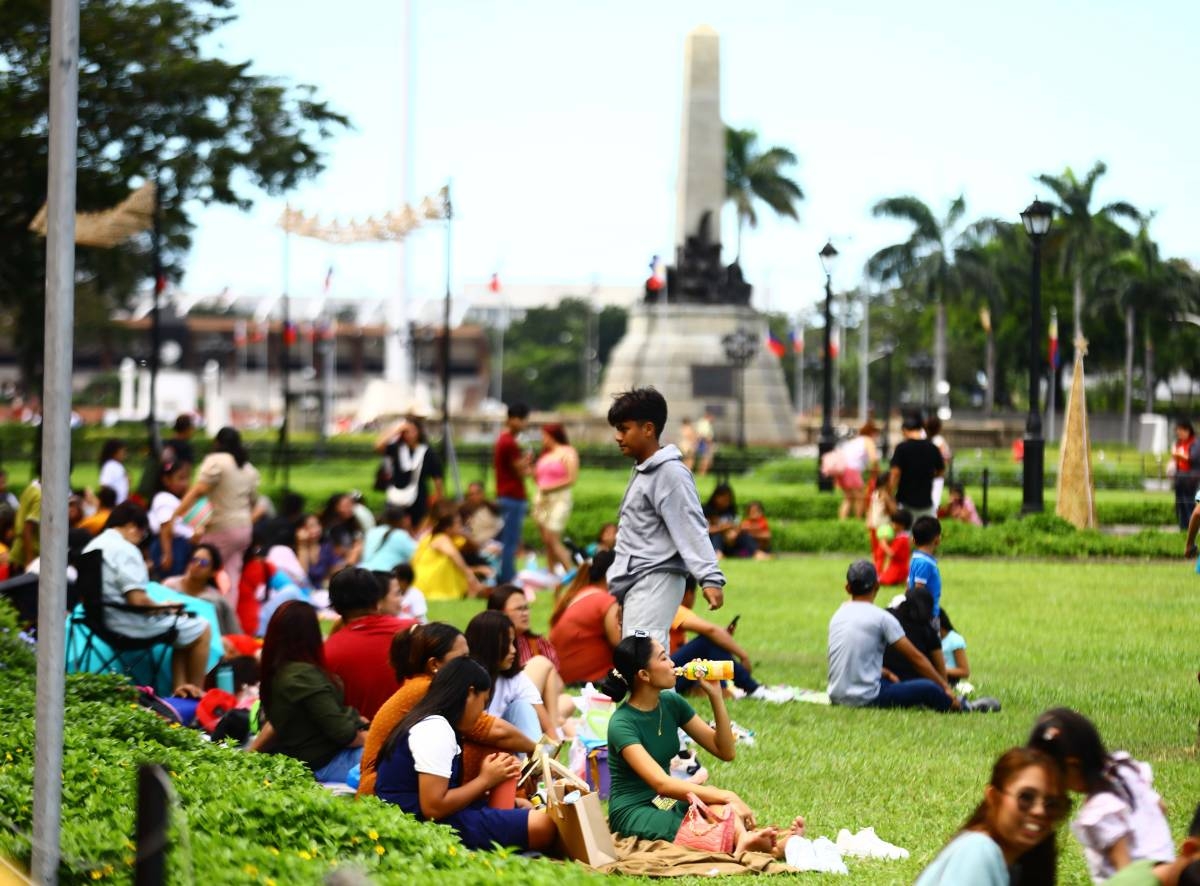According to a recent survey conducted by OCTA Research, nearly six out of ten Filipinos are in favor of the Philippines rejoining the International Criminal Court (ICC). The survey, called “Tugon ng Masa,” was held from December 10 to 14, 2023, and revealed that 59 percent of the respondents support the country’s return to the ICC, while 41 percent were not in favor.
To ensure clarity, the respondents were provided with an explanatory card that outlined the basic definition of the International Criminal Court and its functions. This step was crucial in contextualizing the survey for an international audience, as it helped bridge any potential gaps in understanding due to varying levels of familiarity with the ICC.
When analyzed by major regions, it was found that respondents from Luzon, the largest island group in the Philippines, were the most supportive of rejoining the ICC, with 65 percent in favor. Mindanao, the southernmost island group, followed with 51 percent in favor. Conversely, 49 percent of Mindanao respondents were not in favor, along with 35 percent of respondents from Balance Luzon, the northernmost island group.
The survey also revealed differences in support based on socioeconomic class. Respondents from socioeconomic class ABC showed the highest support for the Philippines returning to the ICC, with 67 percent in favor. On the other hand, support from respondents belonging to Class D was at 42 percent. These findings highlight the importance of considering the diverse perspectives within the Filipino population.
When broken down by region, Northern Mindanao had the highest support for rejoining the ICC, with an overwhelming 92 percent in favor. In contrast, the Davao region, which is President Rodrigo Duterte’s hometown, had the lowest support, with only 10 percent in favor. These regional variations indicate the influence of local factors such as political affiliations and personal experiences.
The survey also asked respondents whether the government should cooperate with the ICC in the investigation of the drug war. Fifty-five percent of the respondents expressed their support for government cooperation, while 45 percent were against it. Once again, there were regional differences in opinion, with Balance Luzon respondents showing the highest support for cooperation at 65 percent, and Mindanao having the lowest support at 42 percent.
It is worth noting that the survey had a sample size of 1,200 respondents and a margin of error of plus or minus three percent. While the results provide valuable insights into the opinions of Filipinos regarding the ICC and the government’s cooperation in the investigation, it is important to consider the limitations of the survey methodology.
The findings of this survey shed light on the sentiments of the Filipino people regarding the country’s relationship with the International Criminal Court. The majority of respondents expressed their support for rejoining the ICC and urged the government to cooperate in the tribunal’s investigation on the war on drugs. These results serve as a valuable reference for policymakers and stakeholders in understanding public opinion and shaping future decisions related to the ICC and its role in the Philippines.
Source: The Manila Times







